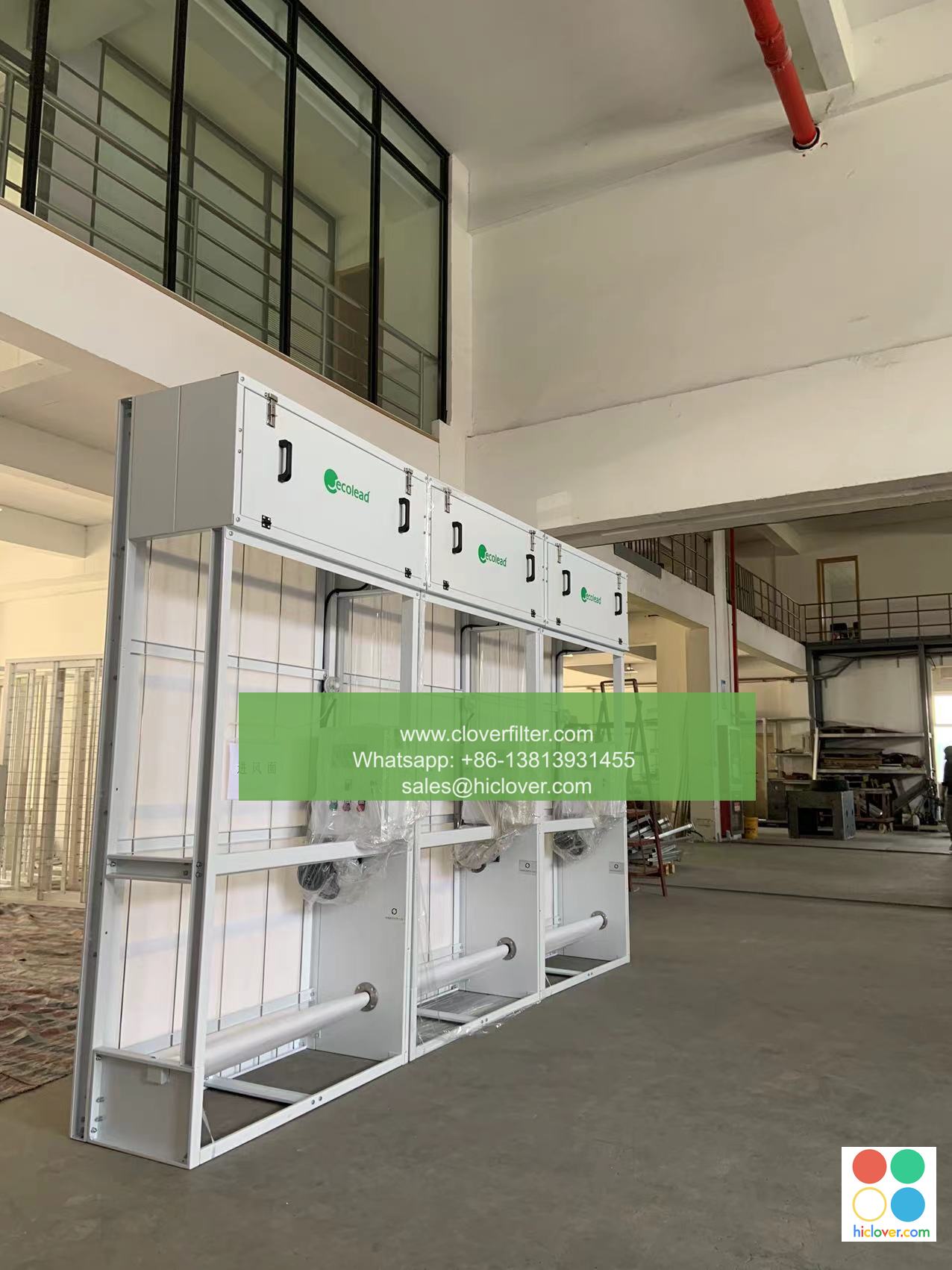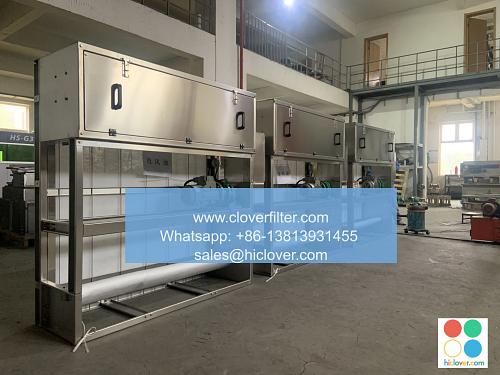Can Air Filters Help with Asthma and Allergies?

Asthma and allergies are two of the most common respiratory problems that affect millions of people worldwide. **Air pollution**, **allergens**, and **irritants** in the air can exacerbate these conditions, making it difficult for individuals to breathe and live comfortably. One solution that has gained significant attention in recent years is the use of **air filters**. But can air filters really help with asthma and allergies? In this article, we will delve into the world of **indoor air quality**, **air purification**, and explore the benefits of using air filters for **allergy relief** and **asthma management**.
How Do Air Filters Work?
Air filters are designed to remove **particulate matter**, **pollutants**, and **allergens** from the air, improving the overall **indoor air quality**. They work by trapping **dust**, **pollen**, **pet dander**, and other airborne particles, preventing them from circulating in the air. There are various types of air filters available, including **HEPA filters**, **activated carbon filters**, and **ionic air purifiers**. Each type has its unique features and benefits, but they all share the common goal of providing **cleaner air** and **healthier breathing**.
Benefits of Air Filters for Asthma and Allergies
Using air filters can have a significant impact on **asthma management** and **allergy relief**. By removing **triggering particles** and **irritants** from the air, air filters can help reduce the frequency and severity of **asthma attacks** and **allergic reactions**. Some of the key benefits of air filters for asthma and allergies include:
* Reduced **inflammation** and **irritation** in the airways
* Decreased **exposure to allergens** and **irritants**
* Improved **breathing** and **lung function**
* Enhanced **quality of life** and **comfort**
Application Areas for Air Filters
Air filters can be used in various **application areas**, including:
* **Home air purification**: Using air filters in the home can help remove **allergens** and **irritants** from the air, creating a **healthier living space**.
* **Commercial air filtration**: Air filters can be used in **offices**, **schools**, and **hospitals** to improve **indoor air quality** and reduce the spread of **illnesses**.
* **Vehicle air purification**: Using air filters in **cars** and **trucks** can help remove **pollutants** and **allergens** from the air, providing **cleaner air** for drivers and passengers.
* **Industrial air filtration**: Air filters can be used in **industrial settings** to remove **harmful particles** and **gases** from the air, improving **worker health** and **productivity**.
Choosing the Right Air Filter
With so many **air filter options** available, it can be overwhelming to choose the right one. When selecting an air filter, consider the following factors:
* **Filter type**: Choose a filter that is designed to capture the types of **particulate matter** and **allergens** that are relevant to your needs.
* **Filter efficiency**: Look for filters with high **efficiency ratings**, such as **HEPA filters**, which can capture **99.97%** of particles as small as **0.3 microns**.
* **Maintenance**: Consider the **maintenance requirements** of the filter, including **replacement schedules** and **cleaning procedures**.
Conclusion
In conclusion, air filters can play a significant role in **asthma management** and **allergy relief**. By removing **particulate matter**, **pollutants**, and **allergens** from the air, air filters can help improve **indoor air quality**, reduce **symptoms**, and enhance **quality of life**. Whether you’re looking to improve the air quality in your **home**, **office**, or **vehicle**, there is an air filter solution available to meet your needs. Remember to choose the right **air filter** for your **application area**, and don’t hesitate to consult with a **healthcare professional** or **indoor air quality expert** for guidance. **Breathe easier** and live **healthier** with the help of air filters. It seems like you forgot to include the actual prompt. Could you please provide more details or clarify what you would like to talk about or ask? I’m here to help with any questions or topics you have in mind!

